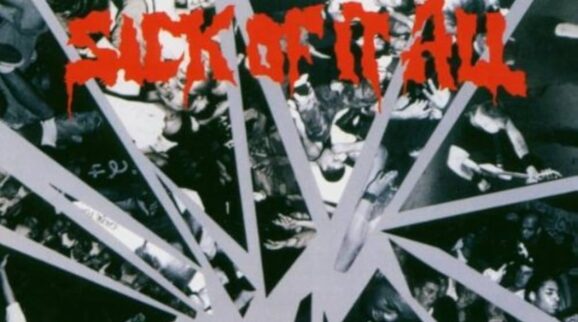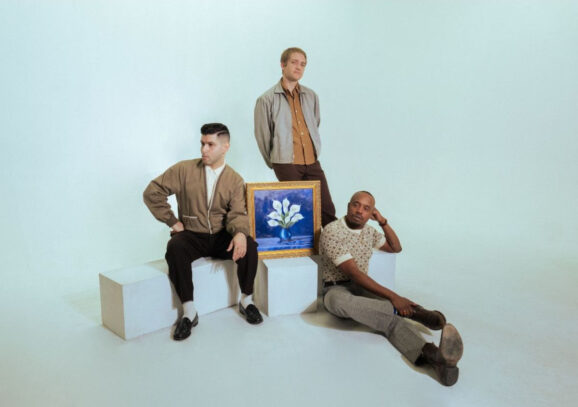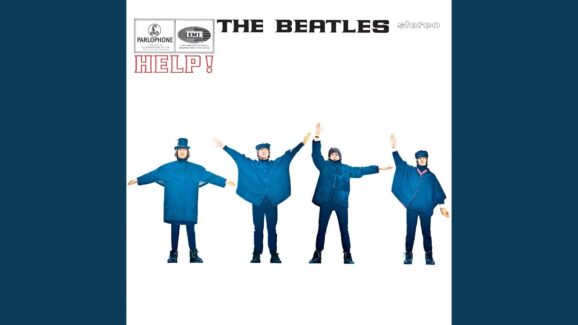Four years have passed since T. Hardy Morris — former member of Dead Confederate and Diamond Rugs — released his last critically acclaimed solo album, The Digital Age of Rome. He didn’t rush into a follow-up, but instead took his time, carefully considering what he wanted to express. The result is Artificial Tears, a record steeped in introspection and deliberate self-examination.
The result is a dozen lo-fi indie rock tracks that focus on identity and searching for meaning delivered through poetically cryptic lyrics that recall everyone from Michael Stipe to Leonard Cohen. On “Don’t Kill Your Time (To Shine)” one of the album’s early singles, Morris offers a plea for the listener to not worry about what others think, delivered over an echoey, dreamy soundtrack complete with slide guitar. Elsewhere, “Juvenile Years” is a beautiful and bittersweet nostalgia trip looking back on his time playing in bands around Athens, GA.
Elsewhere, the upbeat “Poets In the Mist” is one of the record’s obvious standout tracks. The folkie tune “Knowing Me” is just as great, and with a stripped-down, slower sound, is a wonderful contrast to “Poets In the Mist.” The lonely “Trouble Will” closes out the record on an ominous note, bringing this collection of introspective songs full circle.
Though Morris’s music has never been accused of being too polished, there is a rawness to Artificial Tears that brings an authenticity to these songs. Morris, who collaborated with Carl Broemel of My Morning Jacket, entered the studio after pulling together some bare bones demos recorded at Broemel’s house. Along with co-producing, Broemel also ended up playing a lot of the instruments on the album.
But once in the Nashville studio, the duo realized the more professional confines were not always ideal for the music they were making. “The studio was great for some of the songs, but I often found myself drawn more to the demos we’d done at Carl’s house, so we headed back to his place to finish the record the way we’d started,” Morris said. It’s some of those quieter lo-fi bedroom singalong songs that worked best outside of the studio and also best define this record.








